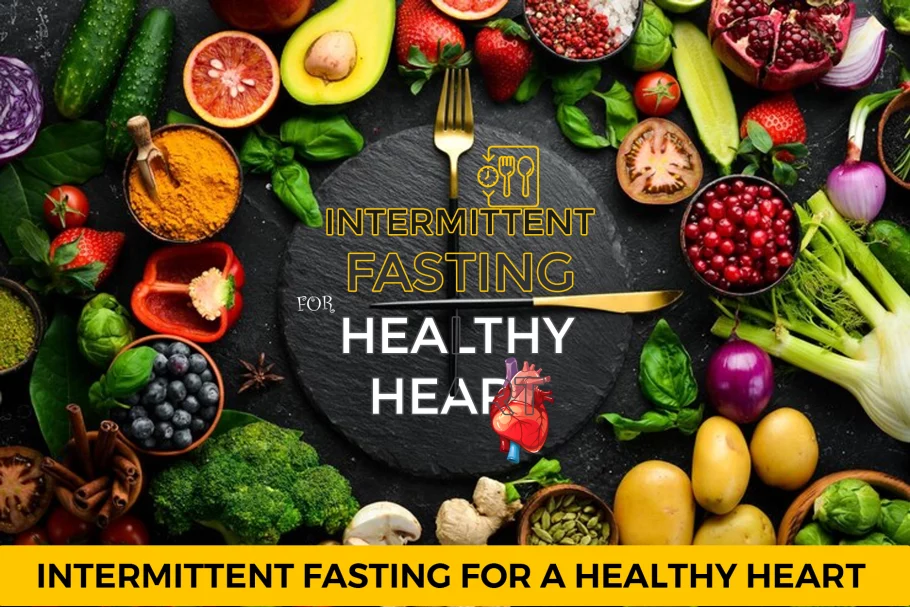You’ve probably heard about intermittent fasting and how it can help you lose weight, but did you know it may also be good for your heart? Yep, research shows that intermittent fasting can lower your risk for heart disease. By cycling between periods of eating and fasting, you can improve blood pressure, cholesterol, and blood sugar levels. And those are all major risk factors for heart disease. So if you’re looking for a simple lifestyle change that can boost your heart health, intermittent fasting is worth considering. The science says it can reduce inflammation and oxidative stress too. This article will break down the heart benefits of intermittent fasting and how you can get started today. Just 100 words in and you already know more about this fasting approach than most people. Keep reading to become a heart health and intermittent fasting pro.
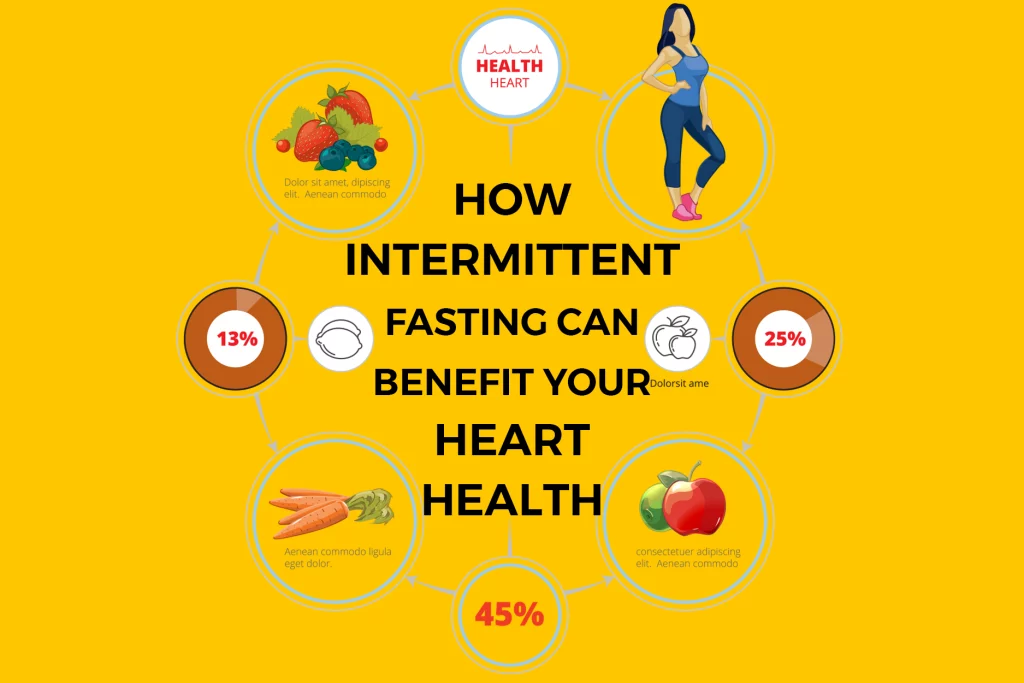
How Intermittent Fasting Can Benefit Your Heart Health
Intermittent fasting has been shown to help reduce heart disease risk factors like high blood pressure, high cholesterol levels, and triglycerides.
By giving your body extended breaks from eating, intermittent fasting leads to fat burning for energy. This can help you lose weight, which takes pressure off your heart. Dropping just 5-10% of your body weight can significantly improve your heart health.
Intermittent fasting also lowers inflammation in the body. Chronic inflammation is damaging to blood vessels and a major contributor to atherosclerosis, which clogs and hardens arteries. Reducing inflammation helps prevent plaque buildup and blood clots, allowing blood to flow freely. Studies show people who practice intermittent fasting have lower levels of inflammatory markers like C-reactive protein.
Furthermore, intermittent fasting improves insulin sensitivity, allowing your cells to utilize blood glucose more efficiently. This not only stabilizes blood sugar levels but also reduces insulin resistance, a precursor to type 2 diabetes and a risk factor for heart disease. With improved insulin sensitivity, your body doesn’t require as much insulin to lower blood sugar levels. High insulin levels are hard on your heart and blood vessels.
It’s clear that intermittent fasting provides benefits for heart health and longevity. By losing weight, decreasing inflammation, improving insulin sensitivity and lipid levels, intermittent fasting can help reduce your risk of heart disease and add years to your life. For the sake of your heart, it may be worth giving intermittent fasting a try.
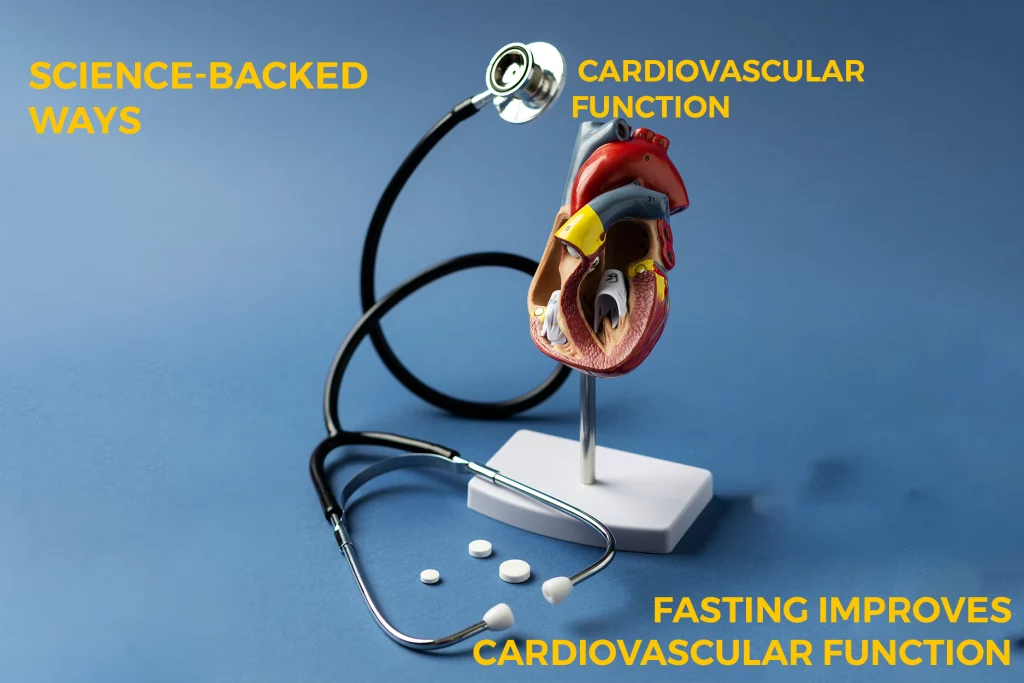
Science-Backed Ways Fasting Improves Cardiovascular Function
Intermittent fasting has been shown to benefit heart health in some significant ways. ###Lowering Blood Pressure Fasting helps lower blood pressure, which reduces strain on your heart. When you fast, your insulin levels drop, signaling your kidneys to release sodium and water. This helps relax your blood vessels, easing pressure. People with high blood pressure who try intermittent fasting often find their numbers going down.
Reducing Inflammation
Inflammation is damaging to your heart and blood vessels. Fasting helps curb inflammation in the body by lowering levels of inflammatory markers like C-reactive protein. Less inflammation means less damage to your arteries and a lower risk of plaque buildup.
Improving Blood Sugar Control
High blood sugar is terrible for your heart. Fasting helps lower blood sugar levels and increase insulin sensitivity so your body uses insulin more efficiently. Stable blood sugar is vital for heart health and fasting is an easy way to achieve better control and avoid blood sugar spikes.
Promoting Fat Burning
When you fast, your body switches from burning glucose to burning fat for energy. This fat burning state, known as ketosis, reduces triglycerides and LDL cholesterol levels in the blood – both of which are dangerous in excess amounts. By promoting fat burning, intermittent fasting helps optimize your cholesterol levels and heart health.
Fasting has significant benefits for both short and long term heart health. By keeping blood pressure in check, reducing inflammation, stabilizing blood sugar and burning fat, intermittent fasting protects and strengthens your heart in so many ways. While fasting may require discipline, your heart will surely thank you for it!
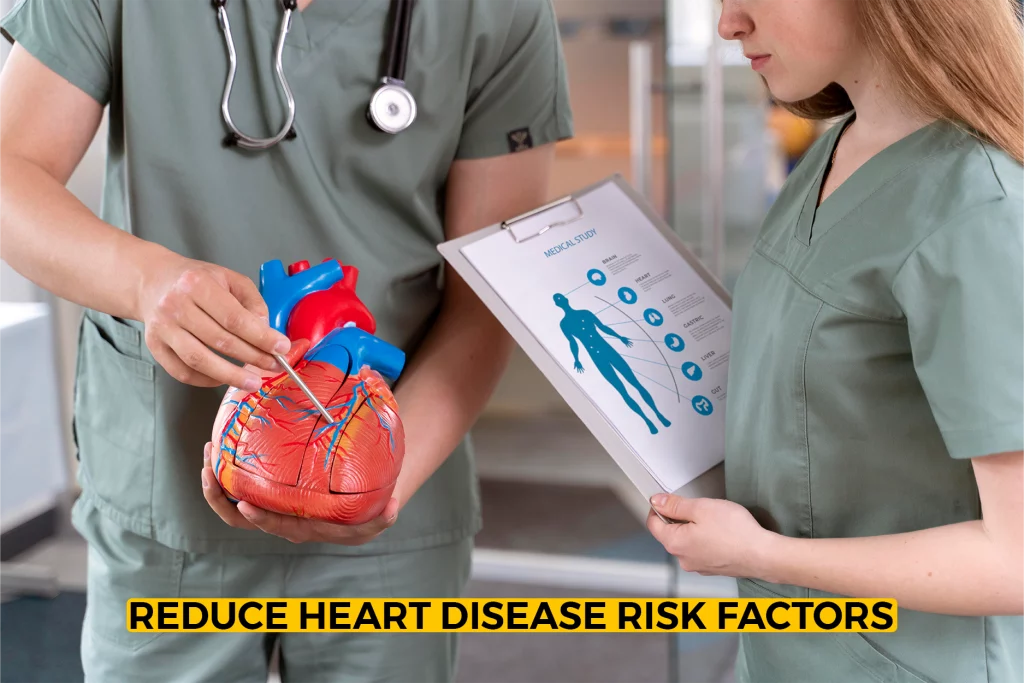
Intermittent Fasting Protocols Shown to Reduce Heart Disease Risk Factors
Several types of intermittent fasting have been studied for their effects on heart health. The two most popular methods are time-restricted eating and alternate day fasting.
Time-restricted Eating
With time-restricted eating, you limit eating to a set window each day, such as 8 hours. For example, you might eat only between noon and 8 p.m., then fast for 16 hours until the next day. Studies show this can lower blood pressure, resting heart rate, LDL or “bad” cholesterol, triglycerides, and markers of inflammation in as little as 4-6 weeks.
Alternate Day Fasting
Alternate day fasting involves alternating between days of fasting and days of normal eating. For example, you might eat normally 5 days a week and fast 2 days a week. On the fasting days, you consume very few or no calories. Research shows this can decrease body weight, blood pressure, heart rate, and LDL cholesterol over 2-3 months.
Both of these intermittent fasting methods have been shown to reduce heart disease risk factors without reducing calorie intake over the long run. The effects seem to stem from reduced meal frequency and longer periods of fasting, not just cutting calories. Intermittent fasting may work by reducing inflammation in the body, improving insulin sensitivity, and promoting fat burning during fasting periods.
Of course, intermittent fasting may not suit everyone. It can be difficult to stick to and may cause side effects like hunger, fatigue, and irritability during fasts. You should talk to your doctor before trying intermittent fasting, especially if you take any medications. But for many people, time-restricted eating and alternate day fasting offer a simple dietary change that can significantly improve your heart health over the long run. Making this a sustainable habit is key to reaping the benefits.
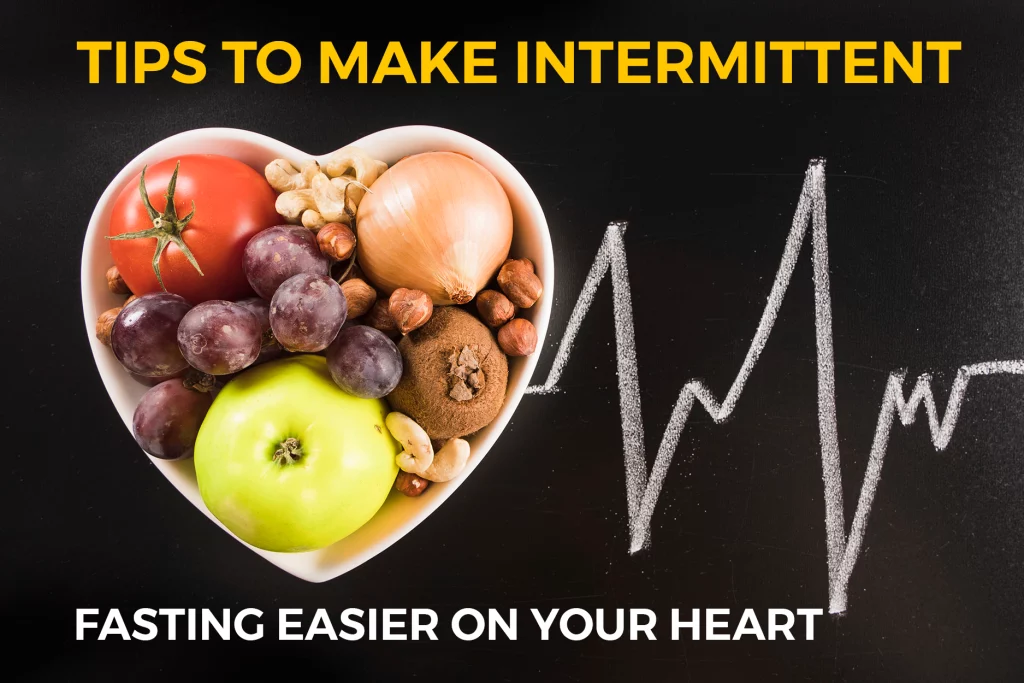
Tips to Make Intermittent Fasting Easier on Your Heart
Intermittent fasting can be tough on your heart, especially when you’re first starting out. Here are some tips to help make the transition smoother and safer for your ticker.
Start Slowly
Ease into intermittent fasting gradually. Begin by shortening your eating window by just an hour or two, and slowly progress from there. This allows your body and heart to adjust slowly to the changes. Rushing into a full 16-hour fast right away can be a shock to your system and heart.
Stay Hydrated
Drink plenty of water and unsweetened beverages during your fast to stay hydrated. Dehydration stresses your heart, so guzzle away at water, herbal tea, and black coffee or tea. Avoid sugary drinks, juice, and sodas which spike insulin.
Watch Your Caffeine
While black coffee and tea are fine in moderation, too much caffeine can cause heart palpitations and a temporary spike in blood pressure. Limit yourself to 1-2 cups within the first few hours of your fast. Caffeine affects people differently, so see how your body responds.
Continue Medications
If you take any heart medications or supplements, continue taking them as prescribed even when fasting. Intermittent fasting does not replace or override medical guidance from your doctor. Skipping or changing medications can be dangerous for your heart health.
Break Your Fast Carefully
When it’s time to break your fast, do so slowly and carefully. Start with a small, balanced meal with protein, healthy fats, and fiber. A good option is a bowl of oatmeal with nuts and berries or an omelet with veggies. Eating large, carb-heavy meals after fasting can spike blood sugar and blood pressure, stressing your heart.
Making a few simple changes can help ensure intermittent fasting works with your heart instead of against it. Be kind to yourself, start slowly, stay hydrated, limit caffeine, continue meds, and break fasts carefully. Your heart will thank you!
Intermittent Fasting and Heart Health FAQs
Have you heard that intermittent fasting could be good for your heart health? It’s true. Intermittent fasting may help reduce heart disease risk factors like high blood pressure and high cholesterol. Here are some common questions about how intermittent fasting impacts your heart.

Will intermittent fasting lower my blood pressure?
Possibly. Some research shows that intermittent fasting may help lower blood pressure. When you fast, your body makes changes that can improve blood pressure regulation. Intermittent fasting also leads to weight loss over time, which is known to help lower blood pressure. Losing excess pounds takes strain off your heart and blood vessels.
Can intermittent fasting improve my cholesterol?
Intermittent fasting could help boost your “good” HDL cholesterol and lower your triglycerides. It may also decrease inflammation in your body, which contributes to high cholesterol. When you fast, your body burns fat for energy. This helps remove excess fat and cholesterol from your bloodstream. The end result may be a better cholesterol balance and lower heart disease risk.
Is intermittent fasting safe if I have heart disease?
Intermittent fasting can be safe for people with heart disease, but you should always talk to your doctor first. Your doctor may want to closely monitor you, especially when you first start a fasting plan. Intermittent fasting may not suit everyone with heart disease or other medical conditions. The good news is, intermittent fasting is highly flexible. You and your doctor can modify the plan to suit your needs and health goals.
The takeaway is that intermittent fasting, when done properly under medical guidance, may benefit your heart health. By lowering blood pressure and cholesterol, intermittent fasting could help reduce your risk of heart attack or stroke over the long run. Be sure to speak with your doctor before beginning any fasting plan to make sure it’s right and safe for you based on your medical history and current health.
Conclusion
So there you have it, the science-backed benefits of intermittent fasting for a healthy heart. By implementing an IF routine that works for your lifestyle, you can lower blood pressure, improve cholesterol levels, reduce inflammation and boost heart health. Even starting with 12-14 hours of fasting daily can make a difference. Listen to your body, be patient and stick with it. With some determination, intermittent fasting could be your ticket to living longer and stronger. Now go grab a glass of water and cheers to a healthy heart!

